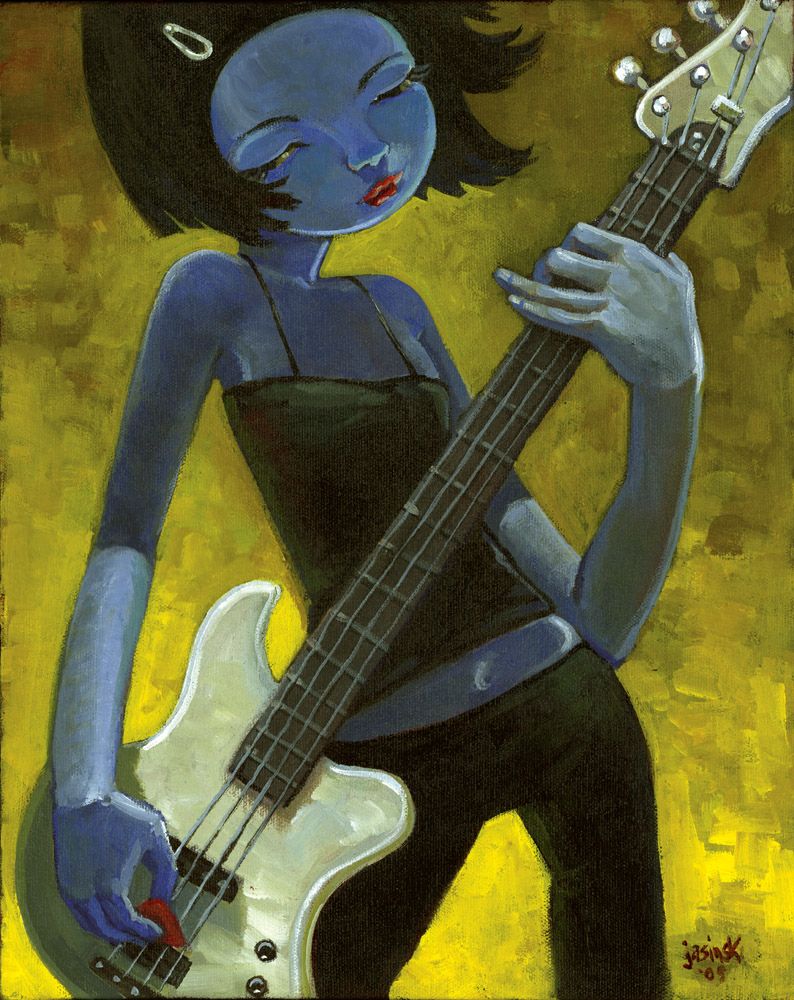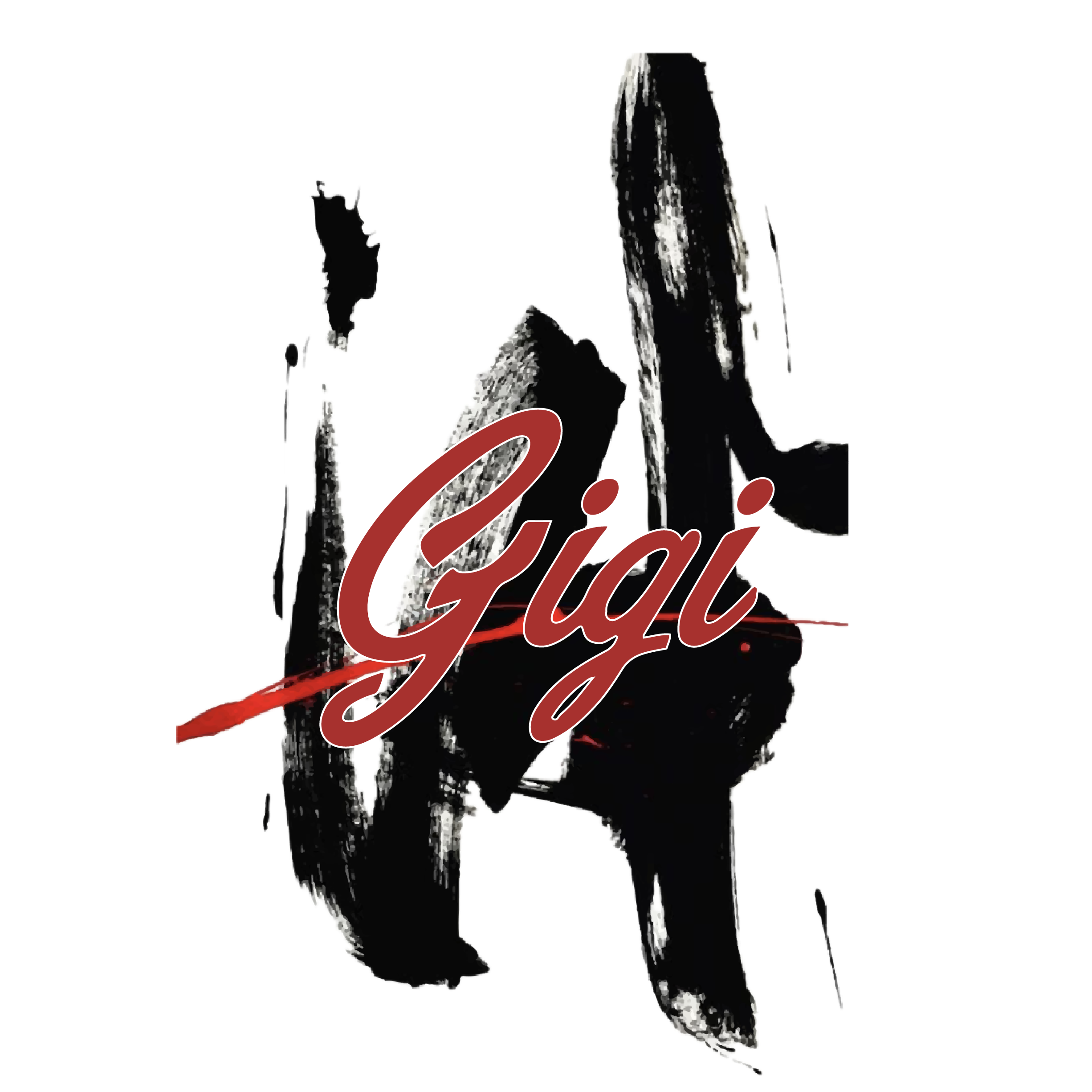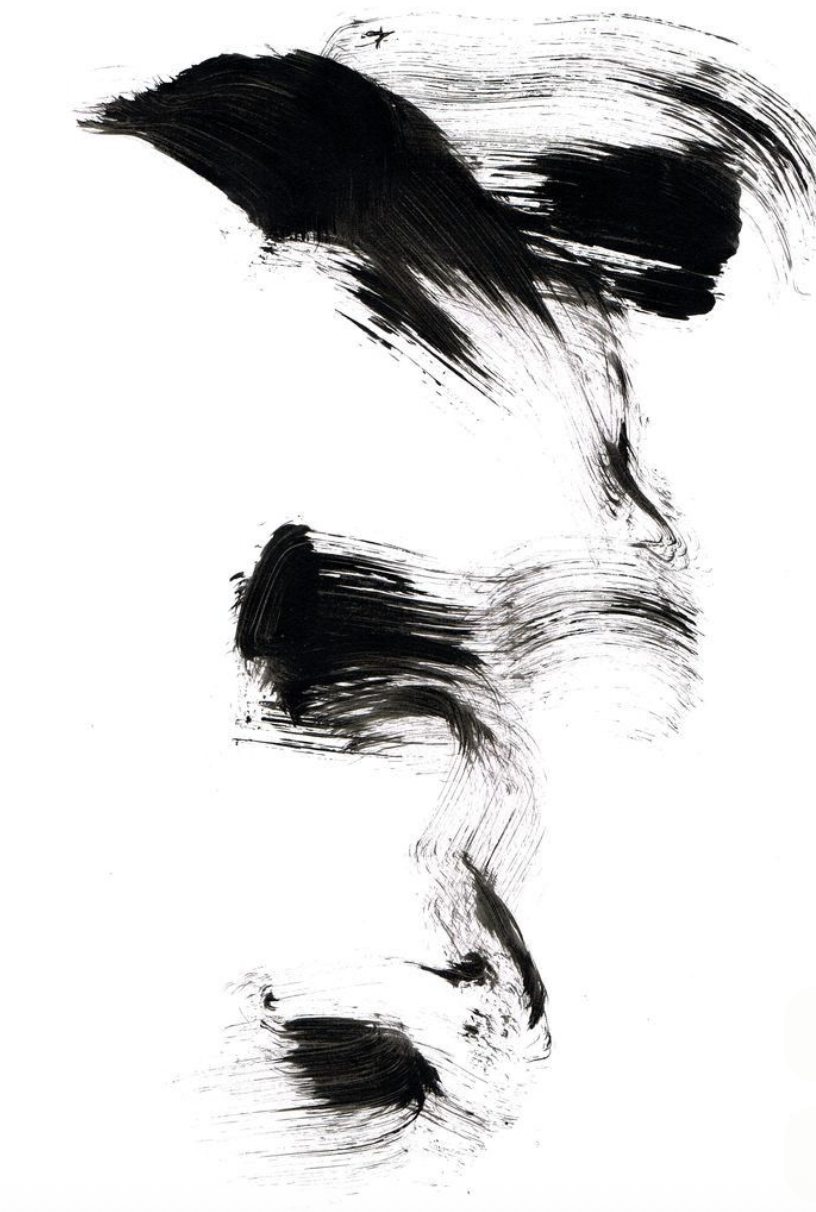Celebrating Women in Australian Music
For too long, Australia’s music history has read like a boy’s club greatest hits compilation. But behind every “frontman” is a wave of women who’ve played, written, produced, and performed — often without the spotlight they deserve. That’s changing.
This blog is for the overlooked, the under-celebrated, and the rising stars. It’s time to rewrite the narrative.
The Boys’ Club: A History We Don’t Talk About Enough
Think about your average “top 100 Aussie songs” list. How many women can you name on it? The answer’s probably fewer than you’d like. The sad truth? Australia's music scene, like many around the world, has long centred men — especially white men — in its success stories, festival lineups, and radio playlists.
But behind the scenes, women were never absent. They were always there — writing songs, building fanbases, leading bands, founding labels, and crafting legacies. What they lacked wasn’t talent or vision. It was recognition.
Jen Cloher’s Wake-Up Call
In 2017, artist and advocate Jen Cloher was asked to curate a playlist of songs for Double J's “Top 50 Aussie Songs of the Last 50 Years.” She noticed something instantly: almost none of the tracks on their longlist were by women.
So Cloher responded with a bold, clear message: Here’s 100 Songs by Australian Women That You Need to Know.
Her playlist was more than just music. It was a protest. A history lesson. A reckoning.
“We’d need almost every single movie made by women until 2116 to reach parity,” she said — referring to a similar imbalance in the film industry.
It was about filling the silence — giving voice to the artists left out of the cultural memory.
The Music We Almost Missed
Among Cloher’s picks were trailblazers and quiet powerhouses alike:
-
Ruby Hunter – The first Indigenous woman to release a solo album in Australia. A storyteller whose voice still cuts through the noise.
-
Adalita (Magic Dirt) – Loud, gritty, and unafraid. Her riffs and stage presence made space for girls who didn’t want to play nice.
-
Helen Reddy – Her global anthem “I Am Woman” didn’t just top charts — it ignited movements.
-
Vika & Linda – Harmonies built on heritage, soul, and sisterhood.
-
Deborah Conway, Kate Ceberano, Tiddas, Missy Higgins, Sarah Blasko, and Camp Cope — each breaking moulds and shifting expectations.
These weren’t niche acts. These were legends in plain sight.
The Fans Are Already Here — So Where’s the Representation?
Ask any live venue manager and they’ll tell you: women are already at the shows. They fill the front rows, buy the vinyl, stream the songs, and support the scene. Yet, for decades, the lineups didn’t reflect that.
A 2018 report revealed that some of Australia’s biggest festivals had less than 10% women or gender-diverse artists on their bills.
Why? Not because women weren’t making music — but because they weren’t being booked, promoted, or recognised.
Triple J, Double J & The Rise of Real Representation
Triple J has long been a tastemaker in Aussie music. Since its launch as Double Jay in 1975, it’s committed to a 40% Australian music quota — and that’s helped boost local artists in general.
Now, Double J is doubling down, using its platform to highlight the voices that mainstream media overlooked for too long. Their work — including Jen Cloher’s playlist, and the follow-up 50 Game-Changing Women in Australian Music — is helping to balance the scales and expand the canon.
What This Means for Guitar Girls, Songwriters & DIY Artists
If you're a woman or gender-diverse musician today, this moment is for you. You’re standing on the shoulders of giants — some loud, some soft-spoken, but all revolutionary.
This cultural shift says:
-
Your voice matters.
-
Your story deserves to be heard.
-
Your sound doesn’t need to fit the mould — it just needs to be real.
Whether you’re strumming a vintage Greco, looping beats in your bedroom, or writing your first lyrics on a napkin, there’s space for you now. More than ever.
The Work Isn’t Done — But the Volume Is Up
We’re not there yet. But progress is real — and you’re part of it. With movements like NOW Australia, the Australian Women in Music Awards, and inclusive lineups at more festivals, the stage is opening wider.
Platforms like this one — dedicated to female-led creativity and unique musical voices — are here to amplify what’s long been missing: not just women in music, but women leading music.
Final Chord: Celebrate, Share, Create
This is your invitation to dive deeper into the voices that shaped Australian music — and to honour the ones rising now. Not just because they’re women, but because they’re great.
Got a favourite woman-led track or artist?
Tag us @ggtrs or drop a comment — we’ll feature your picks in our next playlist drop.
“Australian music has always been a bloke’s world. It’s time to celebrate the women.”


